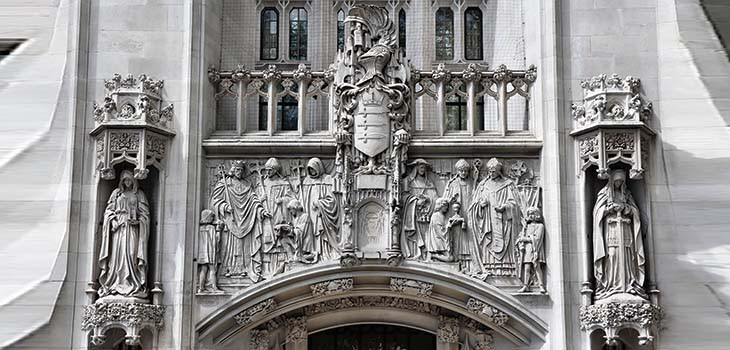
In brief
- Restraint order under the Proceeds of Crime Act 2002.
- No exception for legal expenses ‘which relate to’ the offence.
- Parallel civil proceedings caught by the prohibition?
In July 2022, the Supreme Court pronounced on a question that has long been the subject of debate among practitioners specialising in the representation of individuals accused of white-collar crime. R v Luckhurst [2022] UKSC 23, [2022] All ER (D) 76 (Jul) concerned the not-uncommon situation where an alleged fraudster faces linked criminal and civil proceedings based on essentially the same allegations. Where there is a criminal restraint order in place, are legal expenses in the parallel civil proceedings caught by the same statutory prohibition as prevents the defendant funding his criminal defence from restrained assets?
The appeal arose from allegations of fraud made against a former professional footballer and cricketer,









